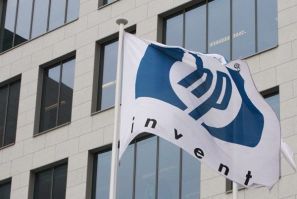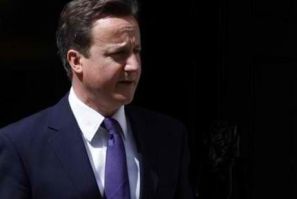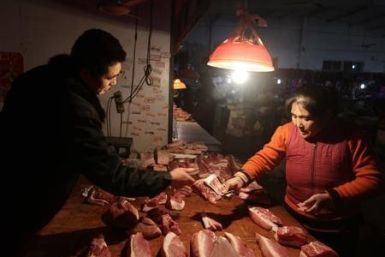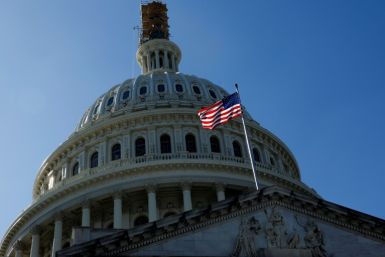Mobile broadband subscriptions are on track to surpass 1 billion in 2011 only months after reaching half a billion, Ericsson said on Tuesday, highlighting a key growth driver for the telecom sector.
As the European debt crisis worsens there appears to be more help coming from Asia, with Japan on Tuesday offering to buy Irish bonds coming up for sale this month.
China overshot its bank loan target in 2010 and finished the year with money growth still running too fast, underscoring the need for more decisive policy tightening to keep inflation in check.
Portugal has no plans to seek a bailout from the EU and IMF, and the government is doing everything possible to avoid doing so, Finance Minister Fernando Teixeira dos Santos said.
China has arrested more than 4,000 people for violating intellectual property rights since November and will enforce tougher punishments to combat the rampant problem, a senior government official said on Tuesday.
Dr. David Lynn, author of a book on commercial real estate investing in emerging market countries (specifically China, India and Brazil), shares his insights with IBTimes regarding why this class of asset is an attractive investment.
The U.S. Consumer Product Safety Commission (CPSC) is setting up its first overseas office for consumer product safety after failing to persuade makers of defective Chinese drywall to compensate affected U.S. homeowners.
The Gold Price in Euros whipped within 1.5% of last month's all-time record highs in London trade on Monday, as weaker-economy Eurozone bonds fell sharply on a raft of bail-out rumors and leaks.
News Corp's Myspace the struggling social network site, the could be Facebook site is due to lay off 500 to 600 employees.
Futures on major U.S. stock indices point to lower opening on Monday with futures on the S&P 500 down 0.58 percent, futures on the Dow Jones Industrial Average down 0.42 percent and Nasdaq100 futures down 0.40 percent.
Data showed on Monday the Chinese trade surplus narrowed in December, easing the conflict between Beijing and Washington over rising U.S. trade deficit even as Chinese President Hu Jintao is scheduled to meet President Obama in the White House on January 19.
Chinese high inflation rates are expected to continue until the second or third quarter despite the government’s efforts to tame rising prices, according to a survey of 56 leading economists.
U.S. stock index futures pointed to a lower open on Wall Street on Monday, with futures for the S&P 500 down 0.52 percent, Dow Jones futures down 0.44 percent and Nasdaq 100 futures down 0.35 percent at 4:05 a.m. EST.
China's trade surplus narrowed in 2010 for the second straight year, giving Beijing grounds to rebuff U.S. pressure for faster currency appreciation ahead of President Hu Jintao's visit to Washington next week.
China should further diversify its huge foreign exchange reserves away from U.S. government debt to reduce its risk exposure, a central bank official said in comments published on Monday.
China is set to further clamp down on the country's buoyant housing market by imposing a long-debated property tax for the first time in the southwestern city of Chongqing, domestic media reported on Monday.
Brazil is ready to take further steps to stop its currency from rising, the country's Finance Minister said on Sunday, warning of a trade war if government's keep pushing down exchange rates to boost exports.
If there was any doubt that the global economy remains tightly intertwined, rising commodity prices should put it to rest.
To hear a number of prominent economists tell it, it doesn't look good for the U.S. economy, not this year, not in 10 years.
The United States and its leaders are stuck in their own Catch 22. They need the economy to improve in order to generate jobs, but the economy can only improve if people have jobs. They need the economy to recover in order to improve our deficit situation, but if the economy really recovers long term interest rates will increase, further depressing the housing market and increasing the interest expense burden for the US.
The recent spate of energy diplomacy between china and United States have resulted in China slash export quotas of rare earth mineral by half in 2011.
China's economy grew by around 10 percent in 2010, with retail sales up 18.5 percent, showing that it is now relying more on domestic consumption, Vice Premier Li Keqiang said in remarks published on Saturday.






















